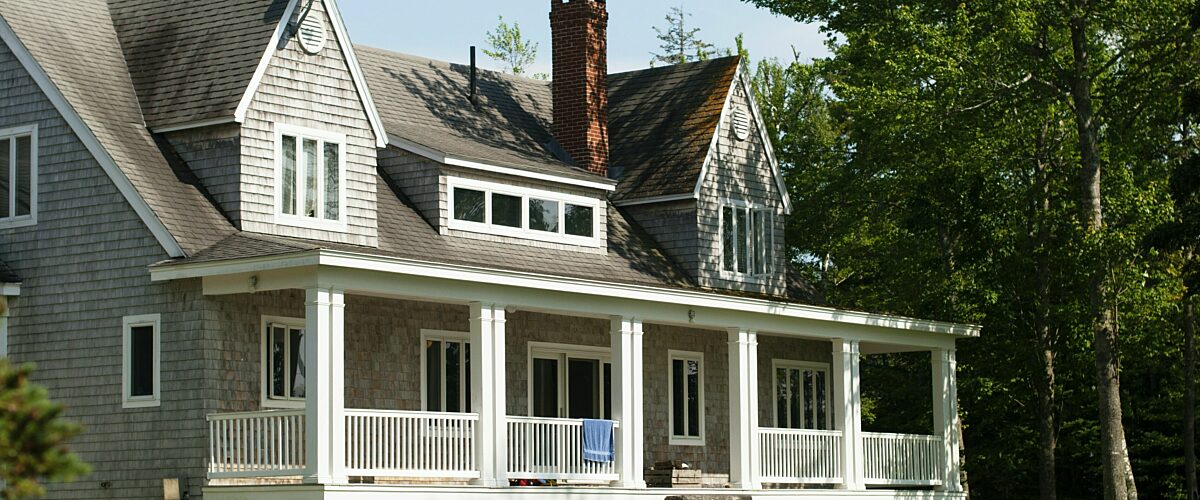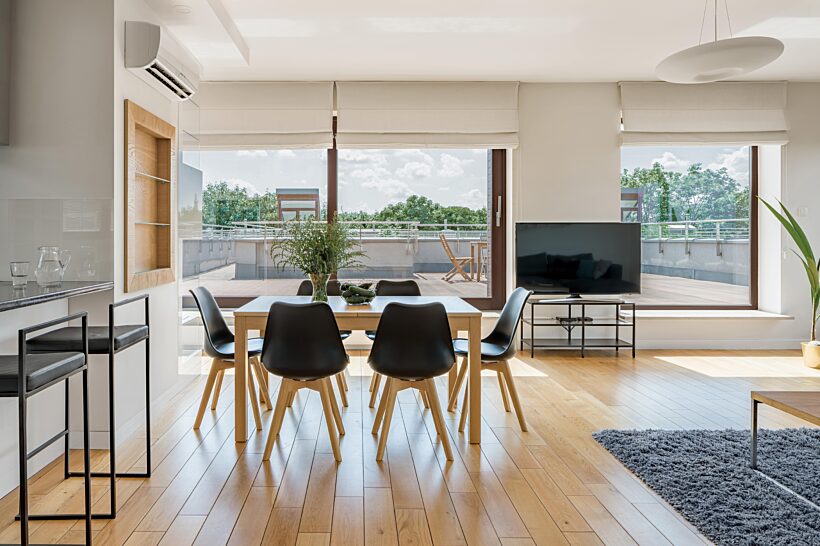
What you should know about selling a smart home
Smart homes definitely provide added value to their property, as their convenient nature complies with the desires of buyers. Discover how smart technology has become a differentiating factor on the current housing market.

Smart homes are niche
Smart homes play right into the living expectations of Millennials and Gen Z. Whereas 20 years ago flipping a house was hot, we find that today's buyers desire a home that has a sturdy foundation (such as electricity, central heating, windows with double glass etc.) and is ready to move into. The convenience of a fully renovated house or apartment correlates directly with the nature of smart technology. Automating daily tasks, so homeowners can truly relax and focus on their quality time.
However desirable smart homes may seem, they are still quite rare on today's real estate market. A smart setup is therefore a valuable differentiator, which could increase interest and possibly speed up the sales process.
Source: nymag.com
Does smart tech increase property value?
According to a study in the UK, residents would be willing to spend £9,000 pounds for a house that comes with installed smart devices (okdo.com). 7% of the questioned homeowners would invest another £50,000 for a fully equipped smart home. So to answer the question "Does smart tech increase property value?", well yes it does.
There are, however, some side notes to take into account. First, some smart appliances are considered more valuable than others. Appliances that help increase the energy efficiency of home are a major motivator in a smart home investment. These appliances can very from a smart thermometer to a remotely controllable smart meter. Secondly, it's best to keep personalization options open for the future homeowners. And personalization means large compatibility. Opt for an automation system that allows customized appliances as well as integrations with popular brands, such as Amazon or Google.

Tips on selling a smart house
- Emphasize energy efficiency: According to the KNX Smart Home Report, homeowners view a home that's energy efficient as a vital component of their lifestyle. In 2023, we've also collectively learned that keeping an eye on our energy consumption can save us quite a lot money on a yearly (and even monthly) basis. For Millennials and Gen Z, their future home is one that ticks those energy saving boxes. So play that card to your advantage.
- Contact a real estate agent with home automation expertise: Nothing worse than a house tour where something isn't working properly. It often has to do with the salesman not knowing how a system (it can be as simple as unlocking the front door) operates. A little bit of home automation knowledge is therefore no excessive luxury. An agent giving a smooth demonstration is often a highlight of a property visit
- Know which applications to demonstrate: Some smart systems and devices are more popular than others. According to the report by KNX, end-customers core interest are lighting, HVAC, shutter and blind controls. Do you want to make a lasting impression? Test your smart set up in advance, and highlight the most popular technologies.
If you're selling a smart home, you at some point lived in one. Use your living experience to find the best selling proposition. Find relatable examples. In what way did smart devices simplify your daily routine? Which tasks come straight to mind? Put yourself in the shoes of a potential buyer to increase your sales chances.


